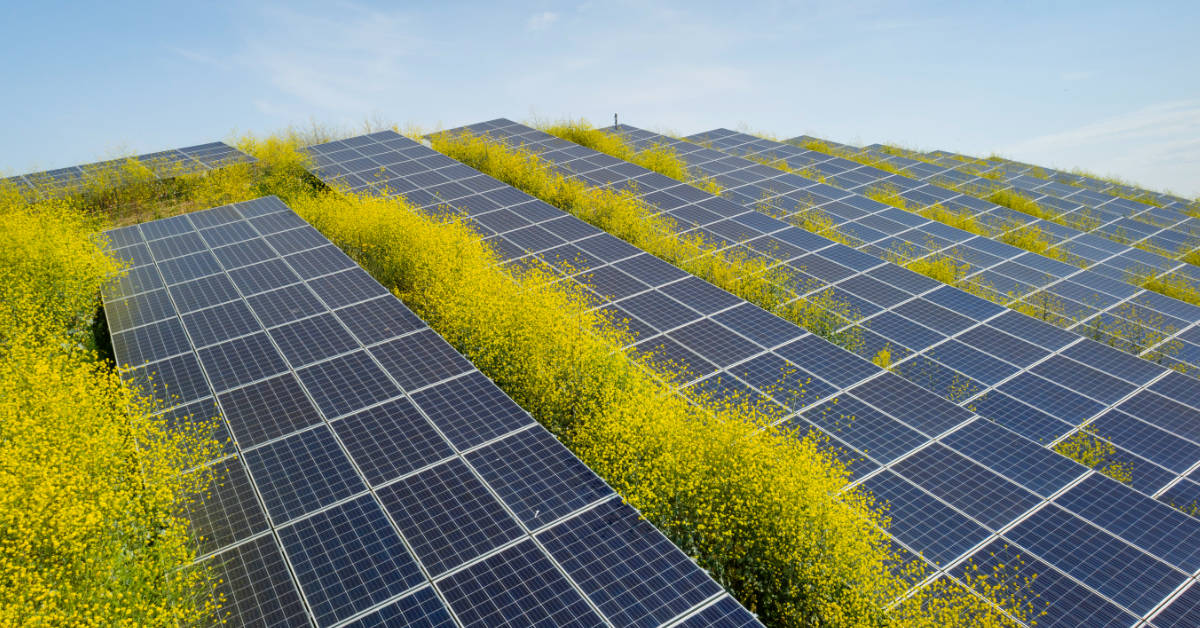South Korea’s Ministry of Agriculture, Food and Rural Affairs has introduced three new measures aimed at promoting the deployment of agrivoltaic facilities throughout the nation. The primary measure involves extending the permit duration for utilizing unused agricultural land for agrivoltaic power generation from eight to 23 years. This significant extension aims to encourage more agricultural landowners to participate in agrivoltaic projects.
In collaboration with regional governments and the Ministry of Trade, Industry and Energy, the South Korean government plans to offer policy incentives specifically tailored to support solar power generation projects in agriculture. However, it emphasizes that the agrivoltaics business should remain the exclusive domain of agricultural companies, ensuring a focused and organized approach to its development.

To facilitate the involvement of farmers in agricultural solar power generation projects, the government pledges to provide comprehensive training on licensing and permitting procedures. Additionally, it aims to enhance farmers’ understanding of these projects to ensure their stable operation. Furthermore, the government plans to collaborate with the Ministry of Trade, Industry and Energy to develop insurance products that will bolster the stability of the agrivoltaics business model.
The ministry underscores its commitment to oversight by announcing regular monitoring of agrivoltaic project development and construction. This proactive approach aims to verify that farming activities are consistently implemented as intended. Moreover, the government emphasizes its stance against any illegitimate practices, stating that permits for agricultural solar power generation projects obtained through illegal means may be revoked, with corresponding fines and penalties imposed.
Looking ahead, the Ministry of Agriculture, Food and Rural Affairs is expected to enact secondary legislation to effectively implement the proposed measures by 2025. These measures align with South Korea’s broader efforts to expand its renewable energy capacity. According to the International Renewable Energy Agency (IRENA), South Korea had approximately 27.04 GW of installed photovoltaic (PV) capacity by the end of 2023, with an addition of around 3 GW in the preceding year.

